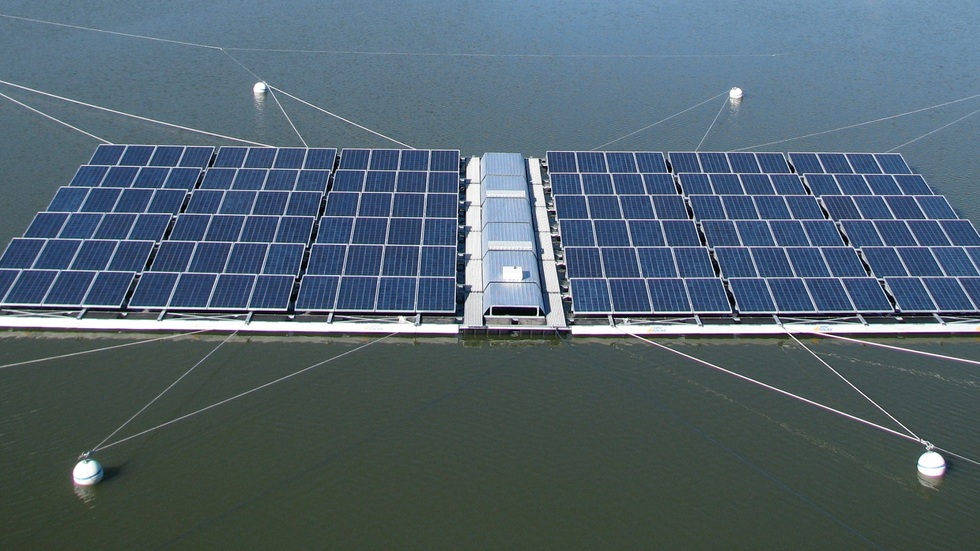
1 mrt.
Will it float? Exploring the social feasibility of floating solar energy infrastructure in the Netherlands
Floating photovoltaics (FPV) is emerging as a promising renewable energy concept in which solar panels are installed on floating infrastructure to enable the production of renewable energy on water. While the body of knowledge on technical, financial and environmental aspects is expanding steadily, so far the societal implications of FPV remain largely unstudied. Here, we investigate public attitudes to a FPV pilot project at the Oostvoornse lake, the Netherlands. We conducted interviews with stakeholders to explore how the local community with high interest and involvement in the lake perceives the pilot project. Thereupon, we conducted a field survey with recreational users of the lake and carried out a random forest regression analysis to examine what factors shape recreationists' support or opposition. Interview results show that the diversity of stakeholders and their diverging use of the Oostvoornse lake leads to a broad variety of concerns about how the pilot project could affect their activities and interests. Particularly the uncertainty on possible impacts due to the newness of FPV was a reason for stakeholders to take a reluctant stance toward the pilot. In contrast, our quantitative results show that recreationists were highly supportive of the project, mainly due to their positive attitudes toward local authorities and the broader societal benefits the pilot project is perceived to generate. Landscape alteration was identified to be by far the most important objection, which indicates that negative implications from a recreation perspective could be largely accommodated through appropriate siting decisions or other measures that mitigate visibility.



